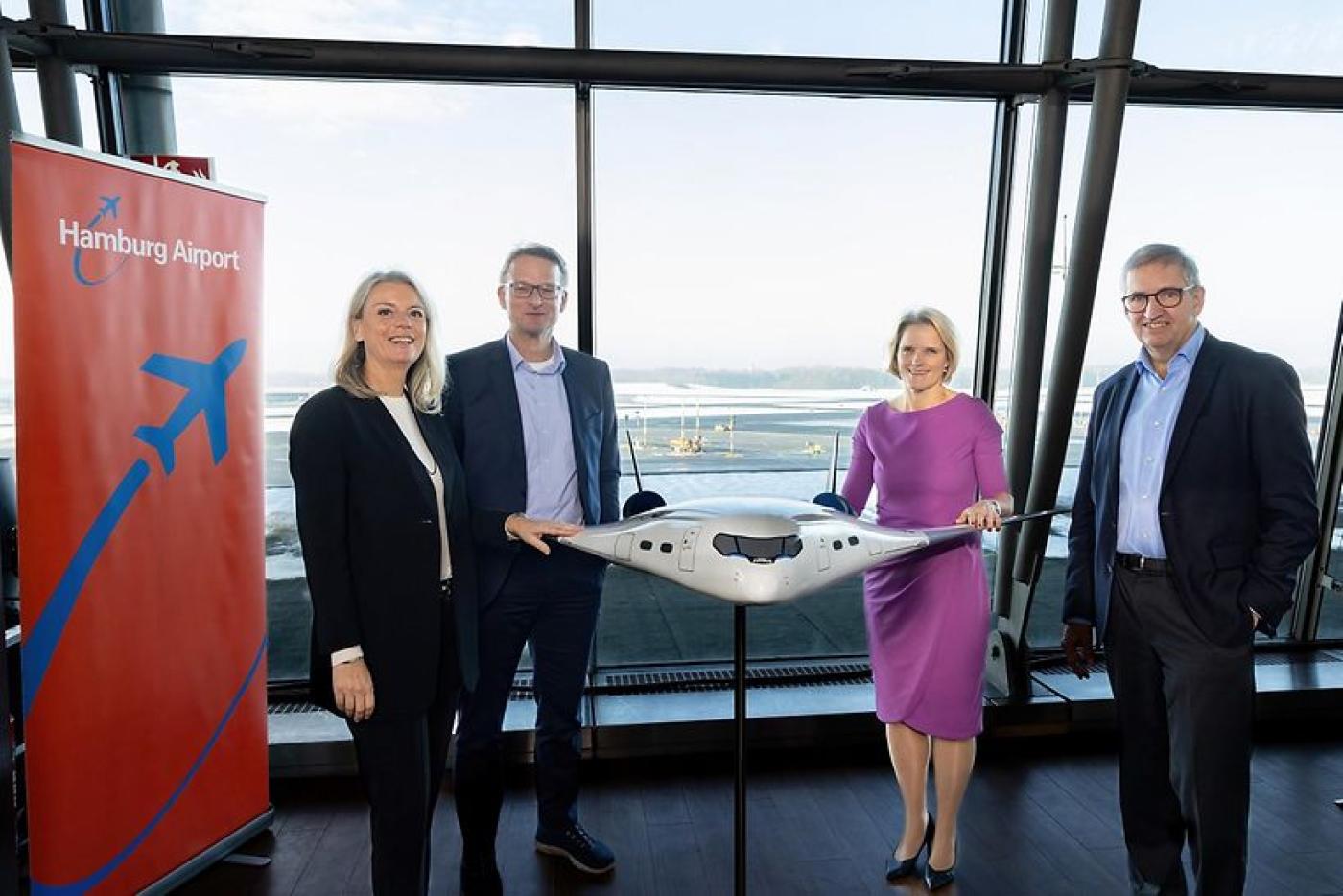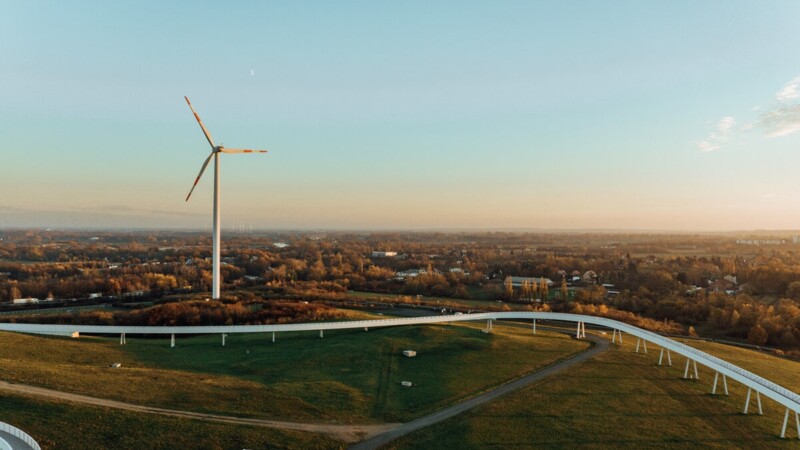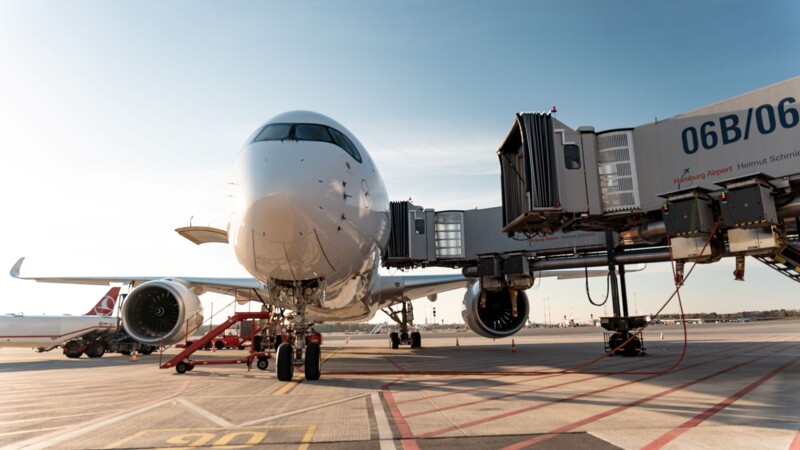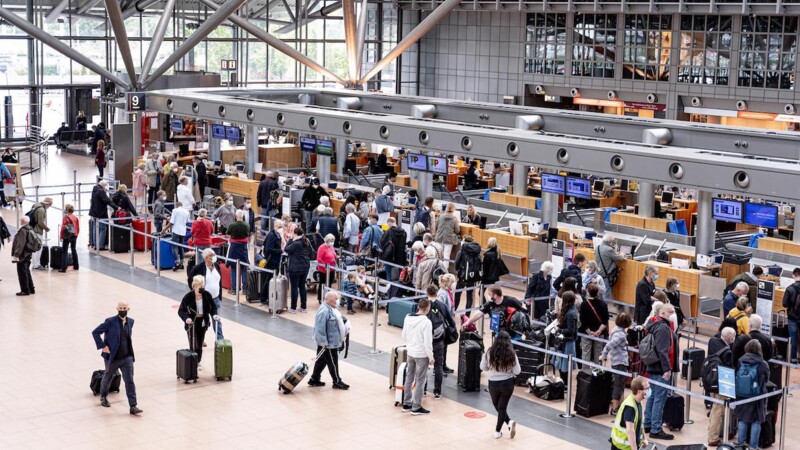Michael Eggenschwiler, CEO of Hamburg Airport, remarked: “In the end, the airlines are only going to order the aircraft and plan routes when there is a sufficiently large network of hydrogen airports. As the first German airport in the international network, Hamburg Airport is thus investing in its future significance as a transportation hub.” The network also involves the Charles de Gaulle airport in Paris und Changi Airport in Singapore. Nicole Dreyer-Langlet, who is responsible for research and technology within the Executive Board of Airbus Germany, said: “Handling aircraft with hydrogen power will become as commonplace as refuelling them with kerosene is today. We are doing our bit to make this happen, but we depend on seamless cooperation with the airport specialists.”
Hamburg Airport has become the first German airport to join the international the global “Hydrogen Hub at Airports” network, a press release said Friday (December 1, 2023). This will allow Airbus, airports, airlines and companies in the energy sector to set up reliable infrastructure for using hydrogen in aviation. Airbus has invited airports in France, Singapore, Japan and New Zealand to join the effort.
Driving energy transition in aviation

Strategically important for Hamburg Airport
Joining the global network is also of strategic importance for Hamburg Airport. Airlines that want to offer connections using e.g., Airbus ZEROe require an existing network of airports to serve the aircraft. Hydrogen-powered aircraft that take off and land at Hamburg in future will need destinations where they can land, refuel and take off again. The “Hydrogen Hub at Airports” network should enable airlines to plan well in advance for routes that can be operated with their hydrogen-powered aircraft. The hubs within the network will provide equally reliable infrastructure.
fw/mm/pb
Sources and further information
Hydrogen Hub at Airports
Airbus launched the “Hydrogen Hub at Airports” scheme in 2020 to promote research into infrastructure requirements and low-carbon airport operations along the entire value creation chain. Airbus presented the first ZEROe concept aircraft in 2020. The development of the relevant technological building blocks is now being driven forward in a global research and technology network focused on the development of hydrogen technology for future airliners.
More
Similar articles

Hamburg Airport to cover energy needs from own wind farm

Hamburg top location for companies, survey on energy transition finds

